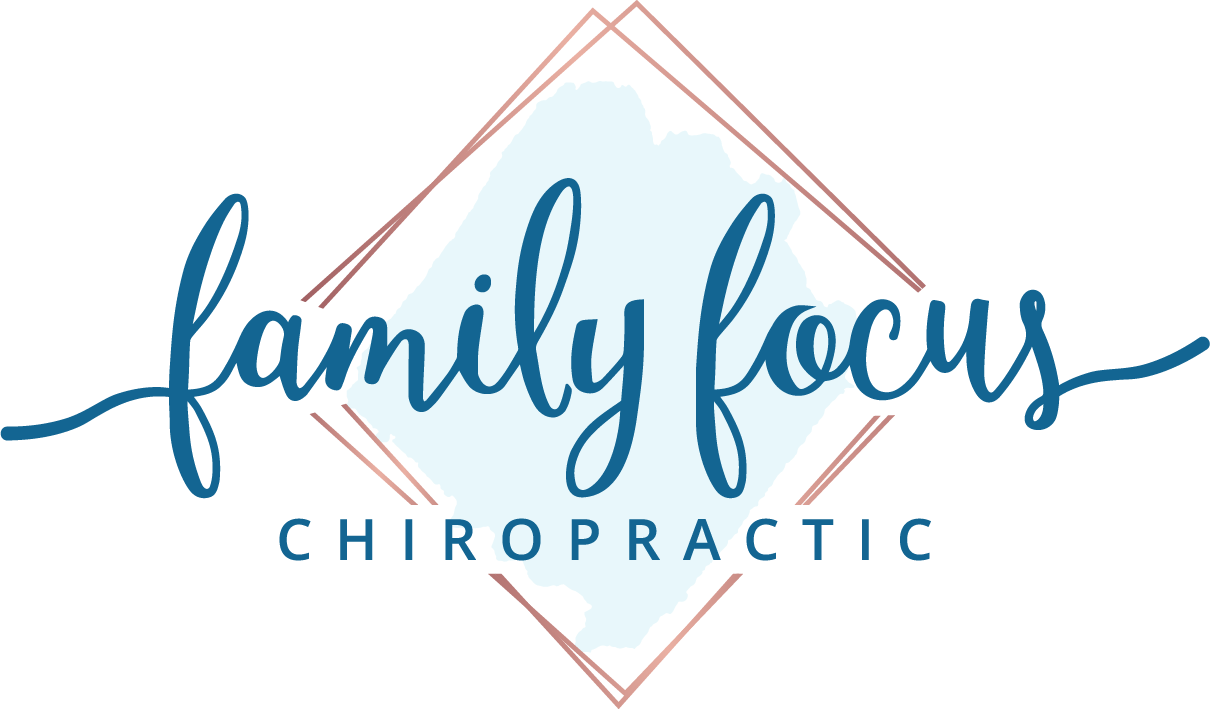Chiropractic
-
Chiropractic Care and Whiplash Injuries
Chiropractic care for whiplash! Whiplash is a common injury that can happen in several different situations such as a slip and fall, riding roller coasters at amusement parks, contact sports, bike accidents and of course the well known car accidents. When a whiplash injury occurs there is hyperextension (head thrust backward) and hyperflexion (head thrust forward) of the cervical (neck) spine. Whiplash not only affects the joints but the muscles, tendons and ligaments that help support the head and neck. These muscles, tendons and ligaments are stretched beyond their normal range of motion. The ligaments and muscles of the neck contract to help protect you from the excessive force of…
-
Chiropractic as an Alternative to Headache Suffering in Chanhassen, MN
If you experience headaches, you’re not alone. 9 out of 10 Americans suffer from headaches, whether they are frequent, occasional, dull, throbbing or even cause debilitating pain. You need to know that you don’t have to continue to suffer with the pain or even take pain medications to cope. There is a safe and effective alternative: Chiropractic. Adjustments can significantly improve your headache suffering! Study Shows Chiropractic Care Helps Headaches A study published in the February 2010 issue of The Spine Journal provided additional evidence demonstrating the effectiveness of chiropractic for certain types of headaches known as “cervicogenic headaches”. A report on the results of this study was also published online on February…
-
Chiropractic for Optimal Pregnancy
By: Dr. Graper When you hear the term “chiropractor,” you likely think of alleviating joint pain due to joint dysfunction. This dysfunction is caused by three things: (1) Physical injury, (2) Chemical or exposure to toxins, and (3) Mental or negative thinking. Getting adjusted by a chiropractor helps allow your body to heal, as it should. Think of an adjustment as a one-way street up to your brain. Motion travels up your spine, sends a message to your brain and turns off the pain signal. The brain also sends a shorter message to your muscles telling them to relax and stop spasms. Neurology 101. This neurology-based chain reaction can alleviate pain…

